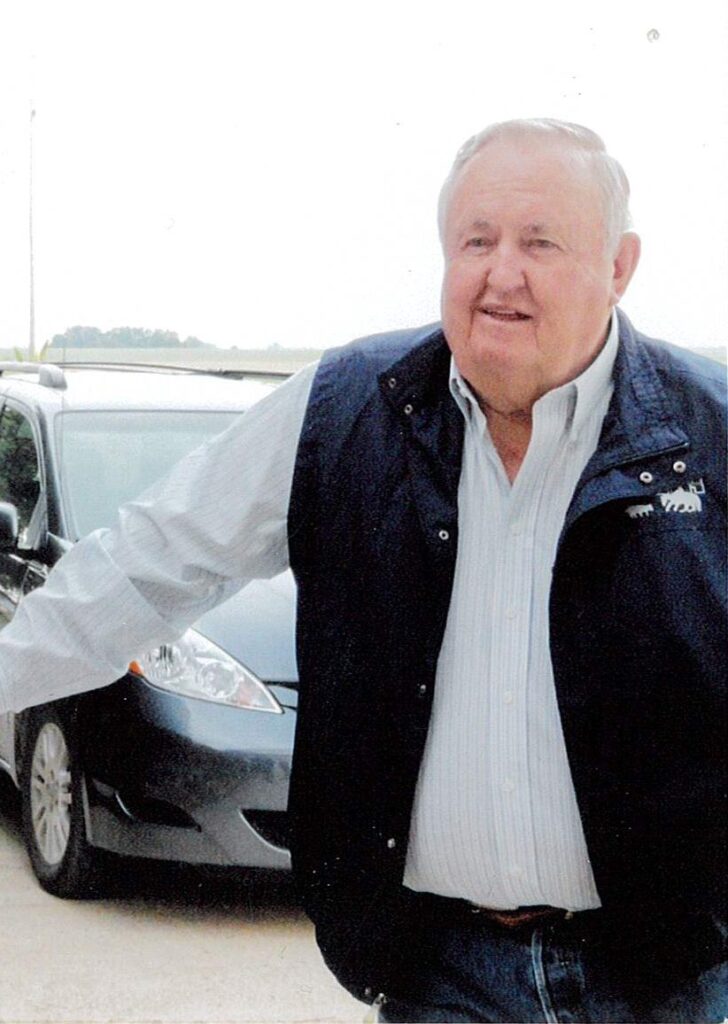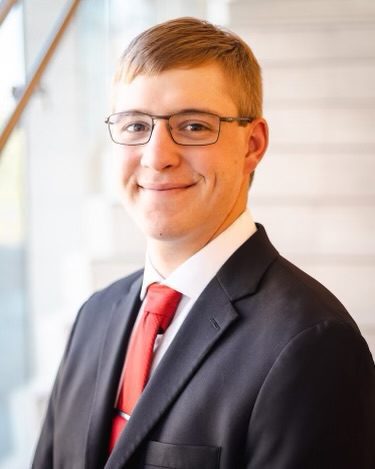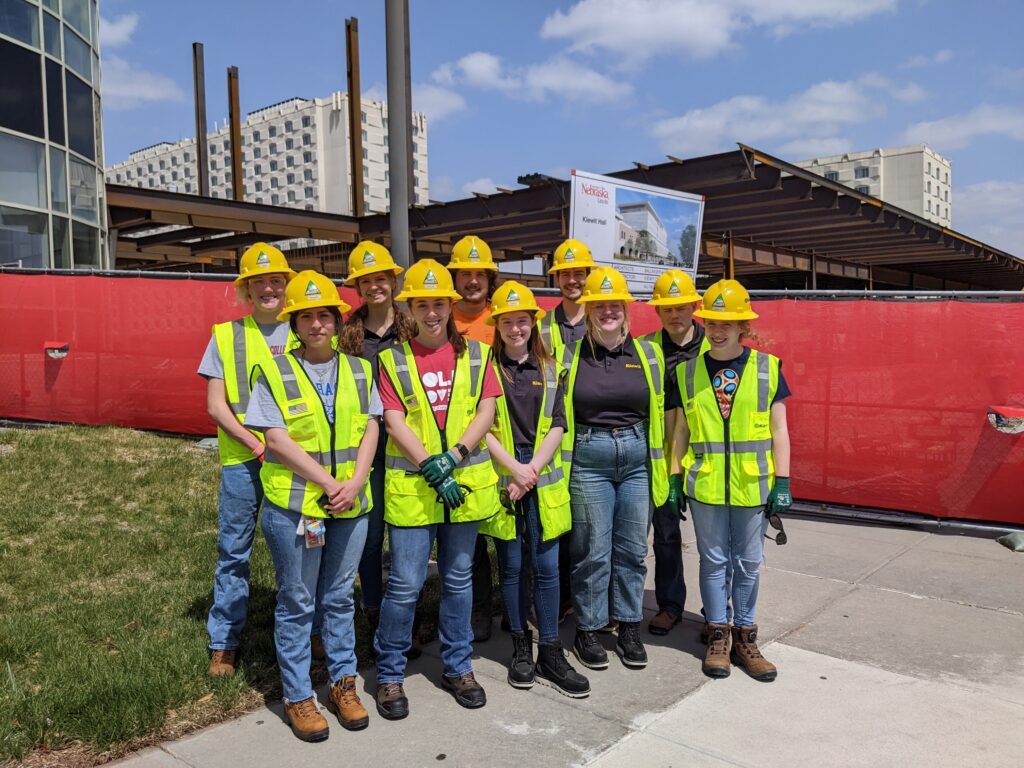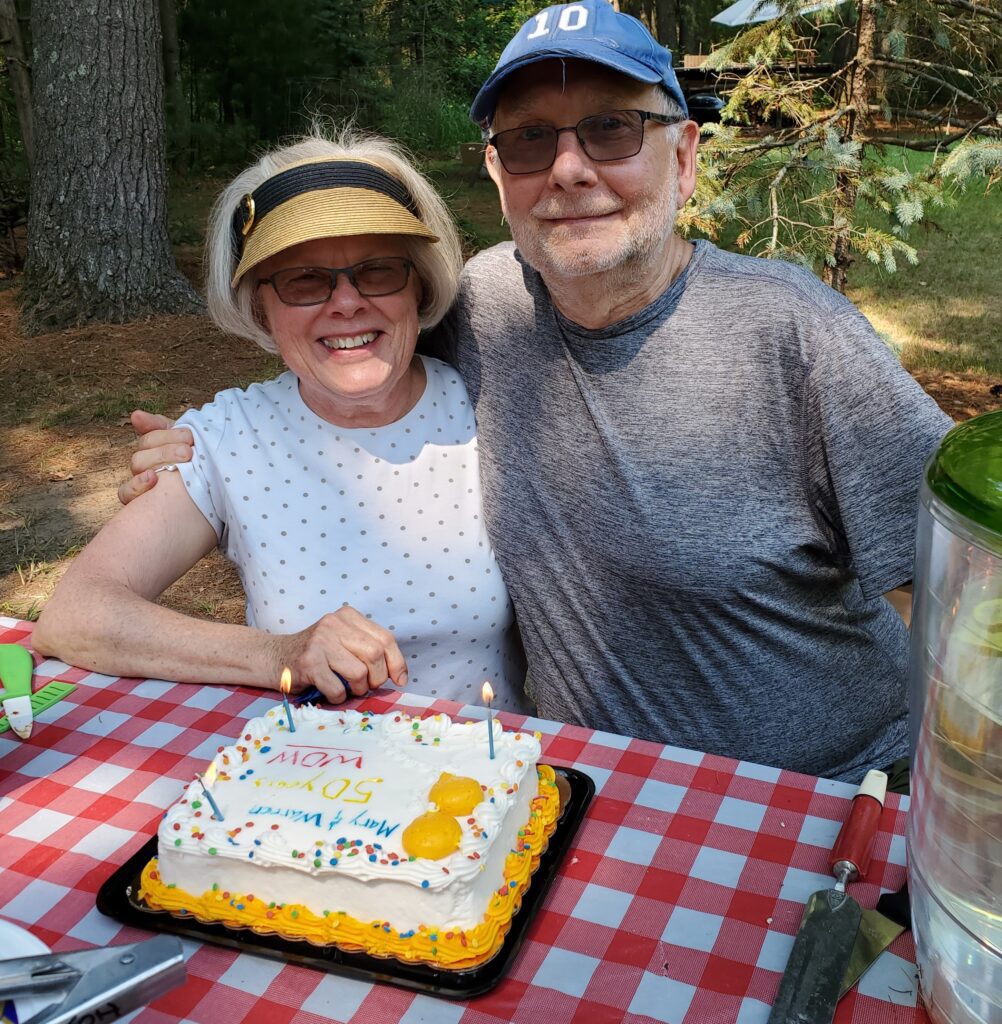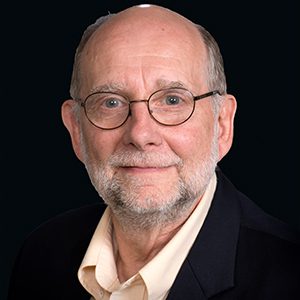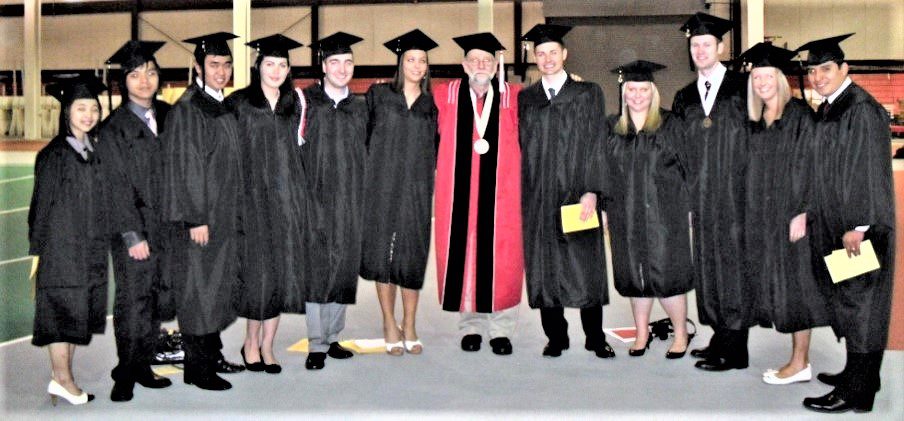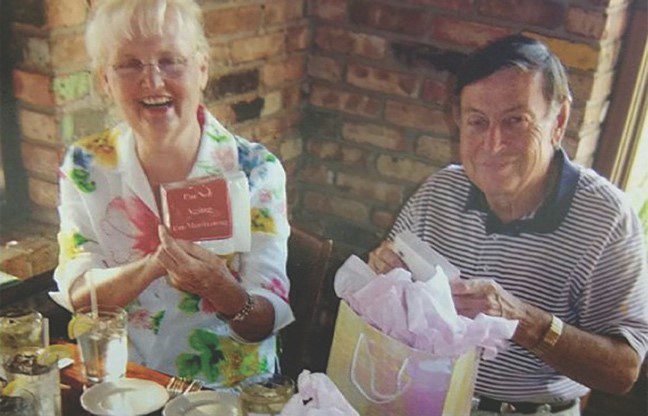By Connie White
Chancellor Ronnie Green, Ph.D., says access to higher education is a hallmark of Nebraska’s flagship Big Ten university.
As a land-grant university with nearly 24,000 students, the University of Nebraska–Lincoln has a mission to ensure access to higher education and prepare students to think critically and be ready for the workforce, he said.
“If you look at the population of our state, this institution has educated the majority of our teachers, of our doctors, of our lawyers, of our bankers, of our leaders in political life in the state of Nebraska,” Green said during a parting dialogue with students, faculty, alumni and staff in May.
He will retire from his position June 30, leaving an enduring legacy at UNL. Green’s contributions to the university are being honored through the creation of the Ronnie D. Green Professorship in Animal Science. The professorship was established through the University of Nebraska Foundation thanks to the generosity of Carol J. Swarts, M.D.
“I’ve admired Ronnie’s approach to education and his dedication to UNL,” said Swarts, a 1955 UNL alumna who lives in Seattle. “We bonded over our humble farm beginnings and our appreciation for the educational opportunities provided by the university. I am privileged to be able to honor and recognize his work at the university as he has been an advocate for education in Nebraska and beyond.”
Green, a UNL alumnus, was appointed chancellor in 2016 and led the university through remarkable growth, overseeing record graduation totals, continued improvement in graduation and career placement rates and significant gains in the diversity of the student body.
“One of the things that I’m most powerfully proud of is that in my seven years as chancellor, we have graduated more of our students with high quality degrees than ever before in our history,” Green said.
That occurred even during a global pandemic that caused the university to close campus mid-semester.
In March 2020, UNL made the difficult decision to cancel in-person classes and shift to remote instruction to protect the university community. Students returned to campus in fall 2020.
“Our staff stood up an unbelievable amount of new things in order for (students) to be able to be back on campus,” Green said. “It was a gargantuan accomplishment.”
As a first-generation college student, Green was highly focused on ensuring affordable access to a UNL education for all students. Today, nearly 25% of UNL’s students are the first in their families to attend college.
During his tenure, Green oversaw significant expansion on UNL’s City Campus, including a transformation of the College of Engineering made possible through public funding and private donors. The $190 million investment represents the largest academic facilities project in university history.
He also oversaw continued development of the Nebraska Innovation Campus, which features a world-class conference center, the fully outfitted Nebraska Innovation Studio and the Scarlet Hotel, which opened last year.
Green was raised on a mixed beef, dairy and cropping farm in southwestern Virginia. His doctoral program was completed jointly through UNL and the USDA-ARS U.S. Meat Animal Research Center in animal breeding and genetics. Before being named chancellor, he served as the Harlan Vice Chancellor of the UNL Institute of Agriculture and Natural Resources.
Green recalled his visit to UNL in 2010 to interview for the vice chancellor’s position. At the time, he was unsure he wanted to return to academia after spending 10 years in the government and business sectors.
“I distinctly remember when I walked onto campus, I knew this was where I was supposed to be,” Green said. “I just knew it. And it was because of our focus on students, that every interaction matters, because of the need there was in agriculture at the time, and because of the value we were going to be able to build.”
Green said those same priorities, on a university scale, have “made me excited to come to work every day (as chancellor).”

